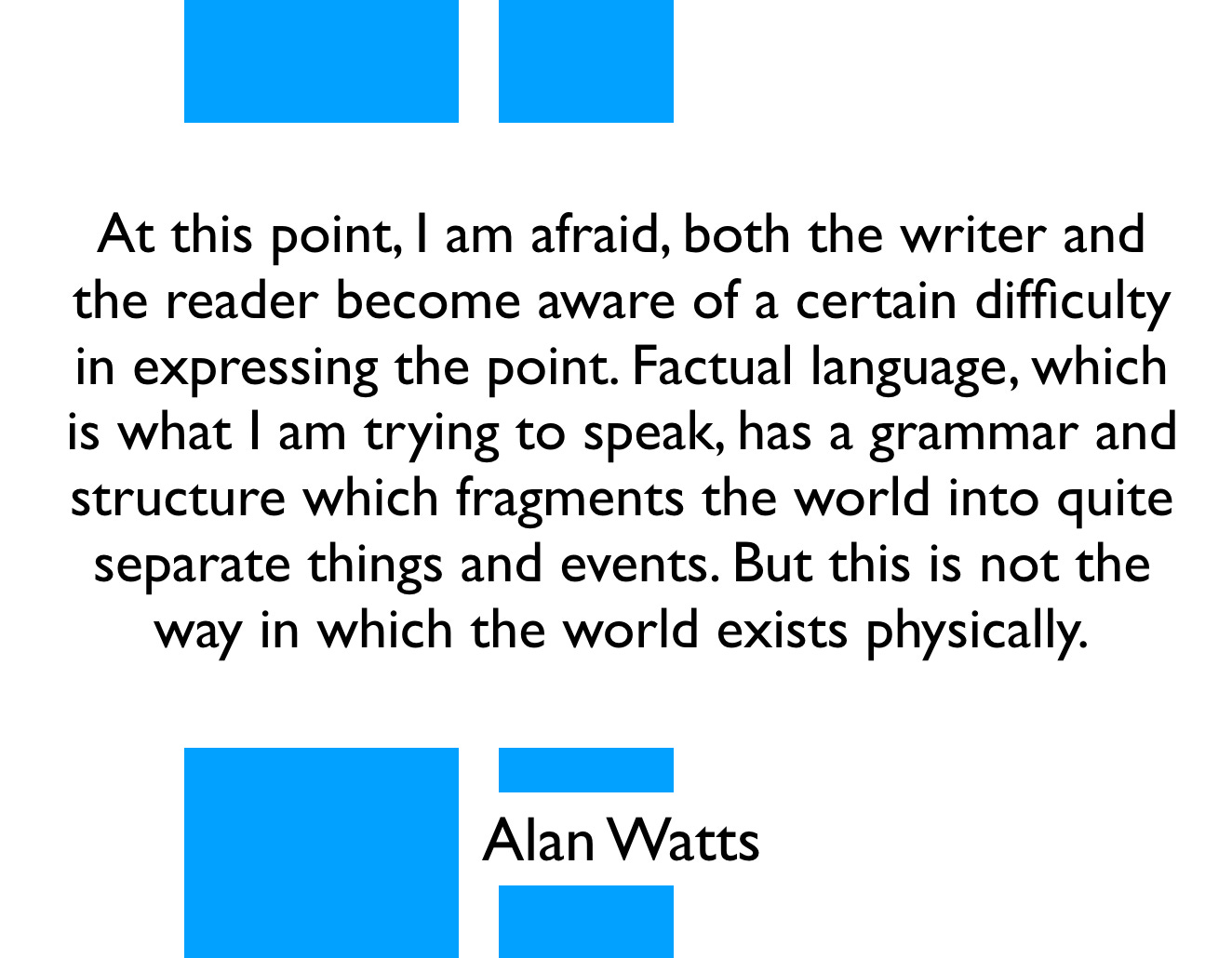I saw God once in a dirty plate.
In the remnants of sun dried tomatoes or salad dressing or olive tapenade—I saw God once in an oil stain.
There she was, glistening against the pottery.
There he was, a rainbow reflection of the divine.
There I was, whole and perfect in a moment of wonder and awe.
I saw God once in a dirty plate.
I think of the divine as feminine but God obviously doesn’t have a gender. Maybe we call “Him” God so often because of our need1 to triangulate ourselves in space and time.
Yes, we are in bodies. Yes, we live in a chronology. Yes, you can’t unscramble an egg.
Right?
Right.
I saw God once in an oil stain. They didn’t take the form of Mary or Jesus or Trump or Kamala Harris. The stain was formless, the colour iridescent. It was beautiful—perfect, even—that’s how I knew it was God.
God is perfection, don’t you know?
Why do we humans continue to attempt to reach that which belongs to the divine? Perfectionism: the death of humanity, the crumbling of the tower of Babel.
Now I’m babbling.
A young woman once met God. She experienced an awakening of the mystical, holy, ecstatic, eternal, transcendent sacred. Except she didn’t quite know it. It wasn’t in a dirty dinner plate; it was through devotional meditating or chanting or breathwork. It was big. It was beautiful. But was it perfect?
No.
How can we, mere humans, know what perfect feels like? That which we are always grasping for but can never reach.
Is perfection bliss? joy? the kind of pleasure the removes you from your body and shoots you into the stars?
What about quiet satisfaction? peace of mind? or a calm and grounding knowing that everything is as it is meant to be?
This young woman was on a spiritual journey. After her awakening she returned to her body. As most of us do.
Expecting to find permanence, desiring to “lock in” to a feeling of forever, certain that her moments of the mystical were simply part of the starter pack, a beginning brush halllowed holy, she asked her teacher,
“So, uh, when do I get to meet God?”
Her teacher paused and looked at her, quizzical, before responding, “That was it.”
The young woman’s face fell. “That was it?”
Her teacher nodded solemly. ”That was it.”
I once found God in a dirty plate.
It was easy to do—the splotch of oil so glorious, how could I not?
But finding God in myself?
In the moments where my dirt and mess and leftover parts do not create a rainbow?
Well, I’m still working on that.
Please stand by.
Is it a need or is it a habit?





You got me yet again. An art you seem to be perfecting with each and every post. It's not even wordsmithing anymore. This kind of magic, it's wordcraft. I'm still chewing on your sub headline:
"How do we return to that which we are never separate from?"
Then just moments later, you hit me with "Perfectionism: the death of humanity". Brava. That right there is a string of words for a potent spell. The word "perfect" always brings this Steinbeck quote to my mind: "And now that you don't have to be perfect, you can be good."
The struggle for perfection inevitably leads to superlatives. Be the best. Be the greatest. Be the most excellent...est. And when we're recognizing someone's efforts, being good sounds lackluster. "That's good enough." Honestly, that should be split as 2 things. Tell someone that they're good. Tell them that they're enough.
Imperfections are what make us human. Even with flaws, we can be good.
Cherish those around you, imperfections and all. Cuz this is it. We're the dirty plate.
I need to get you a copy of Notes on Nothing. A lot of resonances there!